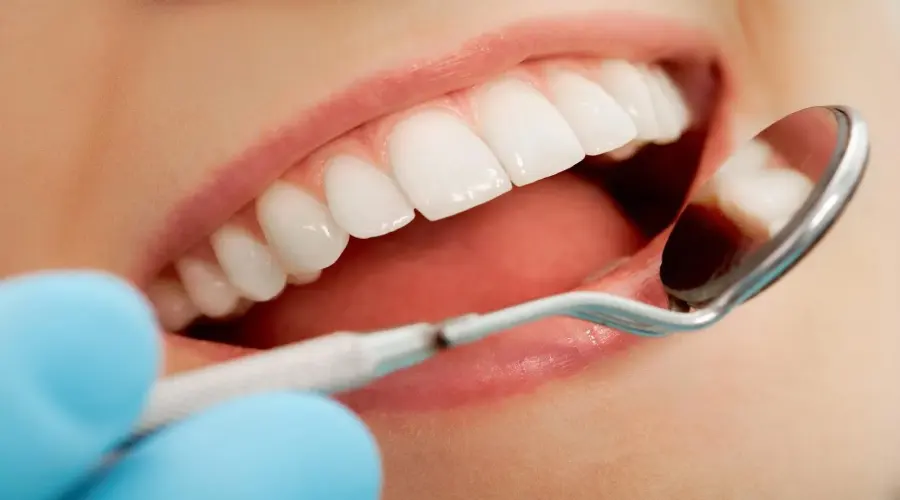Learn how to combat addiction even if you're dealing with anxiety, depression or another psychological health issue.
If you're suffering from both an addiction problem to substances as well as a mental health problem like depression, bipolar disorder or anxiety, it's classified as a co-occurring condition (also known as dual diagnosis). The battle with addiction to substances and alcoholism or drug addiction isn't easy but it's harder when you're dealing with mental health issues. In that case, For treatment, you must go to Alcohol Rehab Places. They will treat you completely.
To know more about the link between addiction and mental health It is crucial to understand the most frequent mental health problems that are associated with addiction. Major Depression. ...
- Bipolar Disorder. ...
- Anxiety Disorders. ...
- PTSD. ...
- ADHD. ...
- Personality Disorders.
Common Mental Health Issues And Addiction
There are various conditions that appear repeatedly alongside addiction. Most of the time, these conditions are the root reason for addiction. This is why it's crucial to not ignore the signs of a mental health issue or a behavioral disorder in the long-term recovery strategy.

Mental health disorders
The most frequent mental health problems that are seen in chemically dependent individuals are anxiety and mood disorders. A greater proportion of those suffering from serious mental illness also suffers from co-occurring addiction disorders. They are referred to as severe due to the duration and severity of the illness episodes These mental health conditions comprise schizophrenia and schizoaffective disorder. (These two conditions, along with their symptoms of hallucinations and delusions can also be referred to as mental disorders.)
Treatment In Los Angeles
Every year, tens of thousands of people get treatment for drug and/or alcohol addiction in Los Angeles. Whether you’re a Los Angeles local or an out-of-towner, the City of Angels has plenty of addiction treatment programs to fit everyone’s needs. So you can take Alcohol Treatment Facilities in Los Angeles.How Can I Tell The Distinction Between A Dual Diagnosis And Co-occurring Disorder
Nowadays, dual diagnosis is the word that is most frequently used to describe how patients with an addiction or mental illness are treated. Co-occurring disorders are a spectrum of disorders that are typically seen alongside addiction to drugs or alcohol dependence.
The Importance Of Treating Co-occurring Disorders Together
Co-occurring disorders being treated together can lead to a whole-person recovery, which addresses the entire person instead of just a single aspect of suffering to obtain better outcomes. treating co-occurring disorders will allow for a more holistic recovery. treating the entire person rather than a single aspect of suffering to get better results. This is not only for those who struggle with mental illness and dependency, but it is also applicable to those suffering from various mental health problems.
Why Co-occurring Disorders Are Solved In A Unique Method
According to the NSDUH report, nearly 45% of people living in the US suffer from a SUD which is a double diagnosis. Patients who are diagnosed with mental health issues are twice as likely as the general population to be suffering from SUD. People who routinely consume alcohol or drugs will likely to develop co-occurring mental or social health conditions. Although it is widely acknowledged that mental health disorders can trigger a compulsion to use substances -- and the reverse experts have discovered that the two situations occur simultaneously. Various covering elements could cause irritation in an illness of the mind or SUD.

Treatment Of Co-occurring Disorders
Co-occurring Disorders can create unique circumstances that cause feelings that are different from the ones that result from a single problem and, in the end, increase the risk of backslides. The way to understand them is in Brain research Today:
Patients with co-occurring disorders typically suffer more severe and long-lasting social, clinical and near-home problems than those who are suffering from mental health issues or a substance abuse jumble. Contrary to patients with only one issue, patients who have a history of co-occurring disorders typically require more time for treatment, suffer more crises, and move even more slowly little in their treatment.
The complexity and interdependence of co-occurring diseases mean that treatment strategies that focus on only one condition at a time are based on an untrue notion of co-occurrence as having multiple ailments that are not separate from one another. The truth is that they are interconnected and must be treated accordingly. "Broad examination has revealed the necessity of treating any circumstance that the patient suffers." write Real, Chi, and Hinman. "Besides the fact that a growing group of exam experts suggests integrated strategies for treating patients that could be based on the outcomes of those suffering from substance abuse] concerns." If the cycle enslavement issue is addressed in a way that does not address your schizophrenia, the likelihood of a backslide increases significantly. In the same way in the event that your depression is addressed with no attention to your anxiety, you're confronted with the extra issue, but you could feel your anxiety rising uncontrollably, leading to a new and stressful episode.
Finding The Appropriate Care
These disorders are commonly difficult, complicated, and painful However, they are also treated. The right program will provide the equipment that you need to access your internal resources to achieve the tranquility you've been looking for.
Scaffolds for Recuperation provides complete treatment for those suffering from mental health issues and co-occurring issues with substance addiction and food-related issues. Contact us today to inquire about our innovative program and see how we can assist you or your loved one to begin the journey toward recovery.

